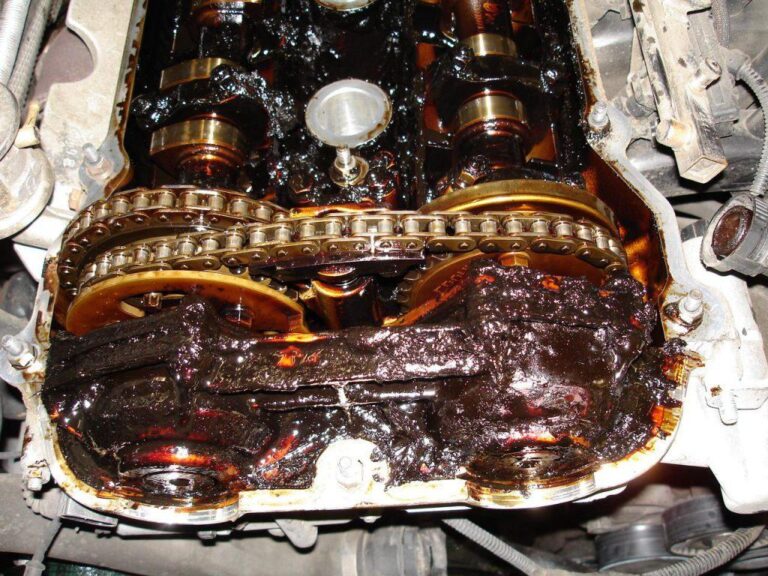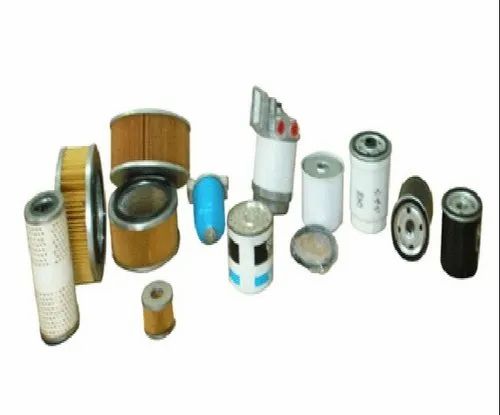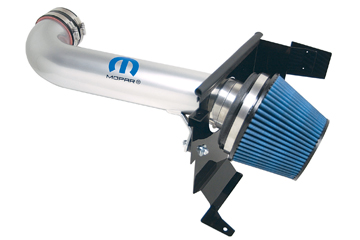Will Synthetic Oil Last Longer?

Synthetic oil is often marketed as a superior alternative to conventional oil, but does it actually last longer? The short answer is yes—synthetic oil generally lasts longer than conventional oil due to its advanced chemical formulation and resistance to breakdown.
Why Does Synthetic Oil Last Longer?
1. Better Resistance to Breakdown
Synthetic oil is engineered to withstand extreme temperatures and resist oxidation. This means it doesn’t degrade as quickly as conventional oil, allowing it to provide longer-lasting protection.
2. Reduced Sludge Buildup
Conventional oil tends to form sludge over time, which can clog engine components. Synthetic oil contains fewer impurities and additives that help prevent sludge formation, keeping your engine cleaner for longer.
3. Improved Lubrication
Synthetic oil molecules are more uniform in size, which reduces friction between engine parts. Less friction means less wear and tear on your engine, helping it run smoothly for extended periods.
4. Extended Oil Change Intervals
Many synthetic oils can last 7,500 to 15,000 miles between oil changes, compared to 3,000 to 5,000 miles for conventional oil. Some high-performance synthetic oils even claim to last up to 20,000 miles under optimal driving conditions.
How Long Does Synthetic Oil Actually Last?
The lifespan of synthetic oil depends on several factors:
✅ Driving Conditions – Frequent stop-and-go traffic, extreme temperatures, and towing can shorten oil life.
✅ Oil Quality – Higher-quality synthetic oils with advanced additives tend to last longer.
✅ Manufacturer Recommendations – Always follow your car manufacturer’s recommended oil change intervals.
Pros and Cons of Using Synthetic Oil
Pros:
✔️ Longer-lasting than conventional oil
✔️ Better engine protection and lubrication
✔️ Improved fuel efficiency
✔️ Works better in extreme temperatures
Cons:
❌ More expensive than conventional oil
❌ Not always necessary for older engines
Frequently Asked Questions (FAQs)
1. Can synthetic oil go 10,000 miles between changes?
Yes, many full synthetic oils are designed to last 10,000 miles or more, depending on the brand and driving conditions.
2. Is synthetic oil worth the extra cost?
Yes, because it reduces engine wear, improves efficiency, and extends oil change intervals, saving money in the long run.
3. Does synthetic oil improve gas mileage?
Yes, because it reduces engine friction, which can lead to slight improvements in fuel efficiency.
4. Can I switch from conventional to synthetic oil?
Yes, most modern engines can handle synthetic oil without any problems. Just make sure to use the correct viscosity recommended by your manufacturer.
5. Does synthetic oil expire?
Unopened synthetic oil can last 5 to 10 years, but once in your engine, it should be changed based on mileage and driving conditions.
Conclusion
Synthetic oil lasts significantly longer than conventional oil, often extending oil change intervals to 7,500–15,000 miles or more. While it costs more upfront, its superior protection, efficiency, and longevity make it a smart investment for your engine’s health.





